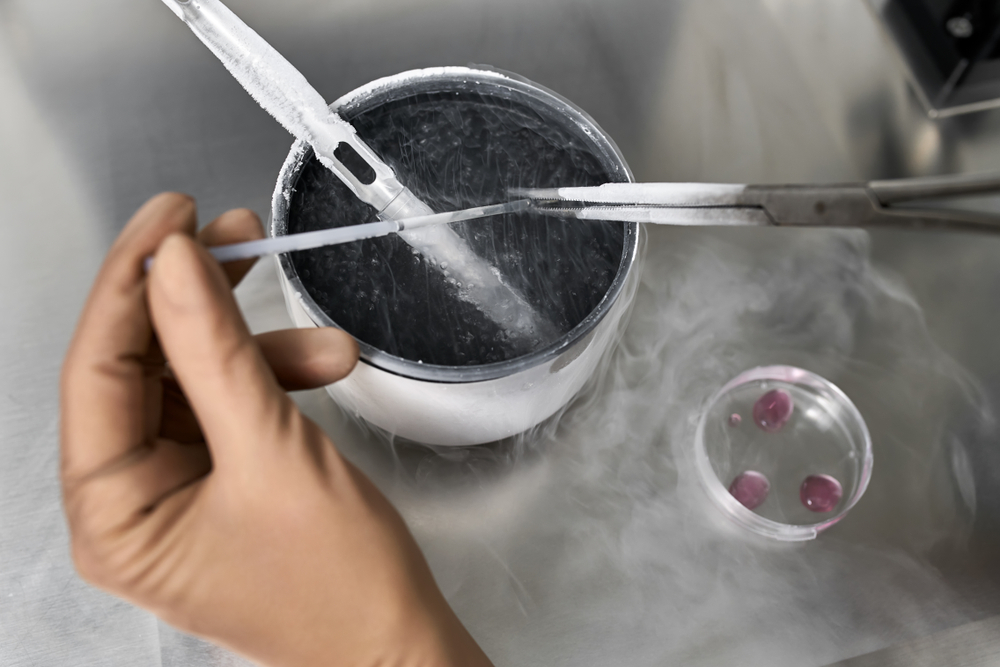If you’re considering freezing your eggs, you may have come across a range of information both online and via your doctor, which can feel quite overwhelming. Fertility treatments can be complicated and difficult to wrap your head around, which is why Concept Fertility have prepared this simple guide to egg freezing and whether or not it’s the right option for you.
Why Do Women Freeze their Eggs?
There are several reasons why a woman might want to freeze her eggs, as listed below. If any of these reasons sound familiar to you, then it may be something to consider…
- Delaying parenthood to concentrate on other areas of life, such as a career
- Delaying parenthood due to lack of romantic partner to raise a child with
- Undergoing cancer treatments, such as chemotherapy or radiotherapy, that might affect fertility in the future
- Undergoing surgery that may damage your ovaries
- Learning of a family history of early menopause
Am I the Right Age to Freeze My Eggs?
In order for a woman to carry a healthy baby to term, they will need to conceive using a high-quality egg. Younger women (in their 20s and early 30s) are at an advantage here, because they usually have more, higher quality eggs at this age. So, the earlier you are able to freeze your eggs, the more likely you are to be able to conceive. Beyond the age of about 38 women’s fertility declines and this is also reflected in the success rates from eggs collected beyond that age, vitrified and later thawed and used.
What’s Involved in Egg Freezing?
The process begins with a series of hormonal injections, designed to stimulate the release of additional eggs, as collecting as many mature eggs as possible will help increase the likelihood of success. The egg collection is carried out with a needle and will take around 15-20 minutes. You will be under sedation for this process.
Once the eggs have been retrieved, the majority of the water they contain is removed to reduce the risks of any damage during the freezing process. They are then stored in liquid nitrogen for a maximum of ten years.
If you decide to use your eggs within these ten years, they are thawed using a carefully controlled process. Once warmed up, they are inseminated, and the subsequent embryos are inserted into your uterus. Normal pregnancy should follow.
Are There Any Risks Associated with Freezing My Eggs?
Many children have been born from egg and embryo freezing, and there are limited risks from this procedure. However, since everyone’s body is different, there can sometimes be side effects such as cramping and pain from the egg retrieval process and perhaps changes in mood due to hormonal fluctuations.
If you would like to speak to a professional about egg freezing or any other fertility treatments, don’t hesitate to contact us or book a consultation at your earliest convenience.

